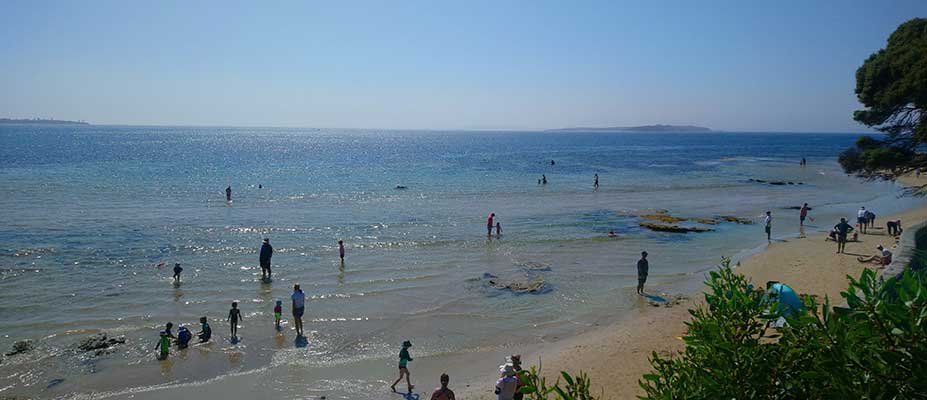

The conservation and management of sandy beach ecosystems: exploring the divergence between policy, science and socio-cultural expectations for stewardship and use
PhD Candidate: Elissa Ashton-Smith
Supervisors: Associate Professor Jessica Reeves, Associate Professor Fred Cahir and Dr Birgita Hansen
Research overview
In order to address the rate and severity of deterioration in ecosystem health and biodiversity, transformative change is needed across economic, social, political and technological domains. The social barriers to change are recognised as one of the important research priorities in Australia.
In the Victorian context, there is increasing interest in understanding the socio-cultural values associated with ecosystems, and there are policy objectives for the adoption of an ethic of environmental stewardship. However, policy development and research has been dominated by quantitative approaches that tend to be reductive and not well suited to capturing some of the information that is needed to understand the socio-cultural dimensions of ecosystems. A review of the literature has demonstrated the critical importance of in-depth qualitative approaches that take into account the lived context of individuals and communities, and the broader societal structures that influence social norms, values and behaviours.
This PhD project involves an in-depth investigation into the relationships between people and the natural environment in a coastal context. The research is aimed at building an understanding of the ways in which socio-cultural factors, policy settings and management practices inhibit and facilitate the adoption of an ethic of environmental stewardship.
The research focuses on sandy beach environments. Beaches are places that are subject to widespread expectations for unlimited access, treasured for their amenity values and strongly associated with a sense of connection to 'nature', yet they are also highly sensitive, threatened ecosystems that are poorly understood as ecological systems.
To gain in-depth insights into socio-cultural norms and values, an ethnographic approach is being used to collect and analyse data through interviews, participant observation, and policy and document analysis. Data collection is centred on the sandy beach localities and communities of the Southern Bellarine Peninsula. Participant observation is being undertaken to build an understanding about local culture and behavioural patterns. Semi-structured interviews with a wide variety of community members and professionals, are being used to capture a holistic understanding of local culture, coastal management and policy, as well as capturing some relevant scientific ecological perspectives.
